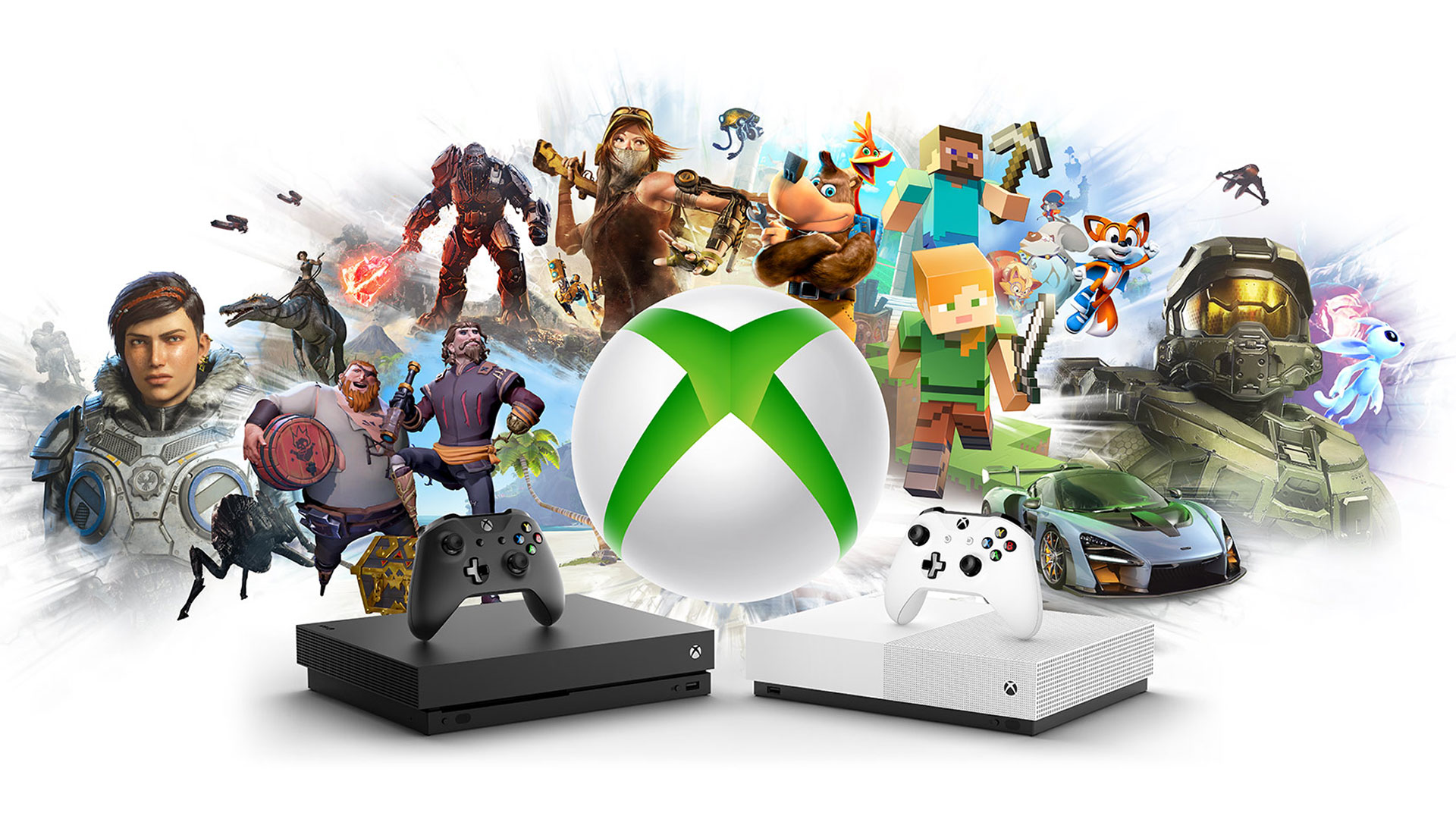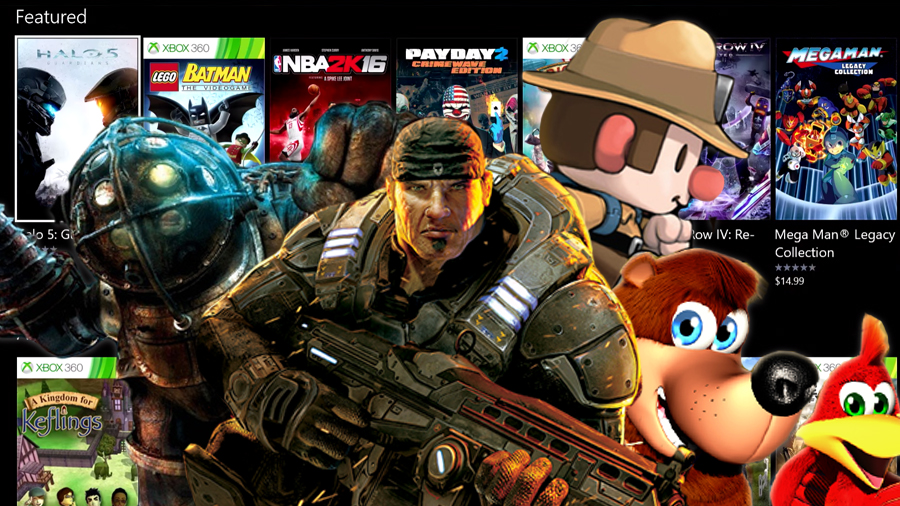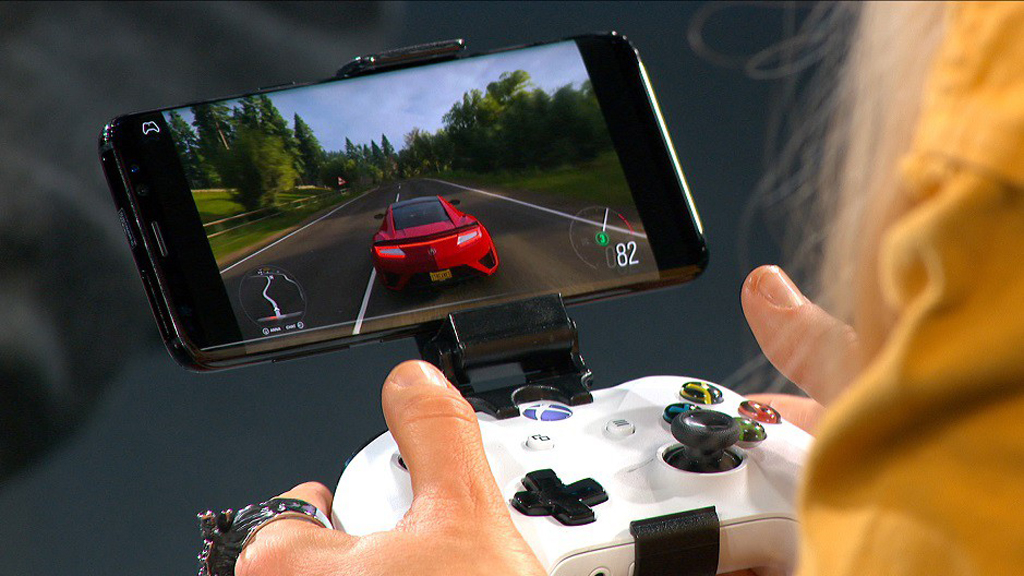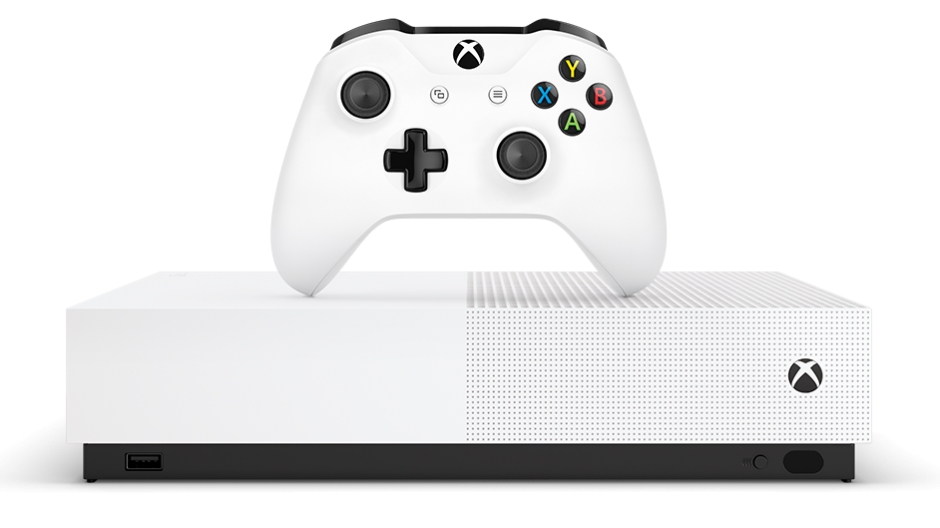The world is ready for an Xbox Series X All-Digital edition
Where we’re going, we don’t need discs

With the Xbox Series X launch on the horizon, it’s worth noting just how far Microsoft has come in its gaming division since the troubled launch of the Xbox One back in 2013.
Here was a company riding high on the success of the generation-defeating Xbox 360, looking to extend its lead against Sony’s PlayStation range after a lackluster PS3 lifespan. But the Xbox One couldn’t have got off to a worse start had Microsoft plugged a controller into a cornflakes box with Bill Gates’ face painted on it. From its pricing to its ill-judged focus on acting as a home entertainment hub, Sony quickly gained the lead in the current generation with the PS4’s gamers-first focus and more affordable price point. It was a gap that Microsoft couldn’t make up this generation.
Early scepticism around the Xbox One grew in large part thanks to confusion around Microsoft’s game sharing policy. Initially, it appeared as if those who had bought a physical copy of a game would not be able to share them with friends or trade them, with titles locked to an individual console by copy protection. There was an uproar, and Microsoft backtracked.
But fast-forward to 2020, and this concern seems not only archaic, but so far removed from the current gaming landscape that an Xbox Series X All-Digital edition not only seems likely, but attractive.

Digital dalliances
Microsoft was forward thinking in 2013 – just a bit too much so for gamers to be comfortable with at the time, and a step ahead of the services Microsoft needed to abate any fears. Microsoft was right – this was the always-on generation of consoles, seeing an exponential rise in digital downloads, the concept of games-as-a-service, and the blooming of game streaming. From free games added to sweeten Xbox Live Gold and PS Plus subscription offers, to deep discounts offered by regular digital sales, we’re now happy to buy a digital title whether we can share it and sell it or not.
You can point to a few things that have greased the wheels over the past decade to make this shift in consumer practices possible. Firstly, there’s the improvements in download speeds and the lower cost of hard drive storage – we can now, for the most part, affordably download large games at high speeds and store them in capacious drives without breaking the bank. The digital-only nature of smartphone and tablet apps has strong-armed us into become accepting of applications and licenses we’ll never be able to share, swap or even truly own, while the switch-on-and-play convenience of Netflix has shifted attitudes in media towards instant gratification over long-term ownership of the entertainment we love.
Spotting these trends, Microsoft has slowly made its Xbox family a powerful match for the attitudes of the times we live in – attitudes it predicted going mainstream a few years too early at the Xbox One launch.
Sign up for breaking news, reviews, opinion, top tech deals, and more.
Xbox Game Pass, for instance, has proved revelatory. It’s the best deal in gaming, by miles – for a reasonable monthly fee, you get access to a 100+ gaming title library, ready to download at your pleasure to your console. This includes triple AAA titles worth individually five times the monthly fee, and day-and-date release onto the service of Microsoft’s in-house developed games (the likes of Gears of War and Halo, some of the biggest franchises on Xbox any way). Yes, aside from the first-party games, this is a rotating catalogue, meaning you’ll eventually have to buy the games you love – but many sit on the service for months, giving a player easily enough time to finish a game. If not, Microsoft has a captive audience to offer a digital purchase to, with games featured on Game Pass offered up at a discount for those looking to purchase them outright. All without a disc in sight, and with the option to extend the subscription to a PC gaming library, too.
Then there’s Project xCloud. Though it’s still in its infancy, it’s among the most promising of all game streaming services. Without the need for installation, and with very little impact on gameplay in the way of lag (providing your internet connection is stable enough), you can stream AAA titles to low-powered devices such as a phone or budget laptop. Microsoft’s extensive networking expertise comes to the fore with a seamless experience that we’re greatly anticipating ahead of it becoming a fully-fledged service.

By comparison, Sony’s PlayStation Now game streaming option feels weak, not only in terms of its so-so catalogue, but by its network performance which rarely feels of a standard suited to anything more than casual play. Sony’s Share Play initiative, allowing for ‘virtual’ couch co-op sessions with friends or streaming to second screen devices like tablets and the ill-fated PS Vita, is laudable, but undercooked – a great idea lacking the polish to make it used regularly.
And so Microsoft goes into the next generation better prepared than Sony in terms of its streaming and games-as-a-service propositions.
Going digital
Of course, Microsoft has already dabbled in discless consoles. The Xbox One generation was capped off with the Xbox One S All-Digital, sold without a disc drive and encouraging players to make digital purchases and subscribe to Game Pass instead. It was a cheap entry point for gamers, while offering Microsoft the all-but-guaranteed monthly drip of subscription fees into its coffers.

And so the next-generation, the Xbox Series console line, seems now certain to have a digital-only variant, backed up by these robust digital services. Rumor of this being the ‘Project Lockhart’ machine shows no signs of quieting. And, in a generation that at this stage seems set to be defined by the high-end internal hardware of the consoles (almost definitely resulting in high price tags for the machines), may come as a welcome respite by cash-strapped gamers looking to get onboard in an affordable manner.
Indeed, Microsoft already offers a payment plan for those unable to buy a console outright. Xbox All Access offers a console, a Game Pass subscription and an Xbox Live Gold online play subscription for one monthly fee. Crucially, it also now offers the opportunity to upgrade to an Xbox Series X console once available and once a gamer has fulfilled 18 monthly payments on the Xbox One generation offer. It’d be a safe bet to imagine that, before long, that upgrade offer will be to an as-yet-unannounced, discless Xbox Series X All-Digital console. And by our reckoning, gamers will lap it up.
- Xbox Series X: everything you need to know

Gerald is Editor-in-Chief of Shortlist.com. Previously he was the Executive Editor for TechRadar, taking care of the site's home cinema, gaming, smart home, entertainment and audio output. He loves gaming, but don't expect him to play with you unless your console is hooked up to a 4K HDR screen and a 7.1 surround system. Before TechRadar, Gerald was Editor of Gizmodo UK. He was also the EIC of iMore.com, and is the author of 'Get Technology: Upgrade Your Future', published by Aurum Press.